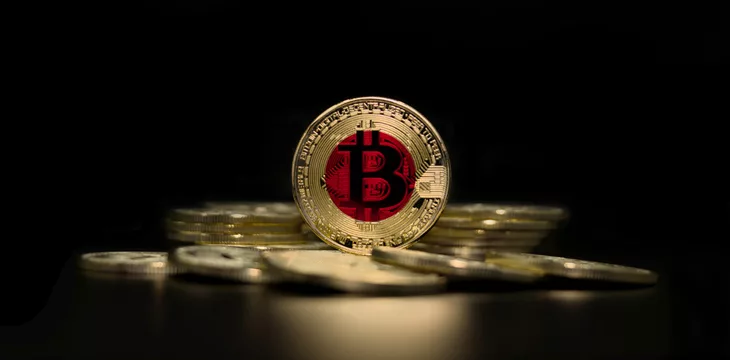|
Getting your Trinity Audio player ready...
|
Japan’s Financial Services Agency (FSA) doesn’t intend to prohibit peer-to-peer digital asset activity with its latest policy recommendations to banks, the regulator has clarified.
The agency published a public request to financial institutions to ramp up their measures against ‘crypto’ crime, suggesting some measures it believed could better protect investors.
One controversial suggestion urged banks to “stop transfers to crypto-asset exchange service providers if the sender’s name is different from the account name.”
This recommendation was seen as an attack on P2P digital asset trading, which involves two different parties, and as such, the sender’s name is always different from the account name. Implementing this measure would deny P2P traders access to banking services.
However, the measures were just recommendations, and banks could choose to reject or modify them as they deem fit.
Responding to media inquiries, the FSA clarified that its recommendations didn’t have “transactions from one individual to another” in mind. According to the regulator, it intended to crack down on instances where investors were depositing money to virtual asset service provider (VASP) accounts, not other traders’ accounts.
“We issued the request with the aim of asking banks and other financial institutions to strengthen measures against unlawful money transfers in cases where an individual deposits cash from the individual’s bank account to an account of a crypto asset exchange service provider,” the watchdog told one outlet.
The FSA also expects banks to block suspicious transactions in which users request name changes to their accounts to send funds to digital asset-related accounts.
The agency added that several banks have implemented its recommendations, but none has posted data that suggests the regulator should be more concerned about the level of ‘crypto’ crime.
Japan has been opening up to increased digital asset activity while maintaining its position as a leader in Bitcoin regulation. It recently proposed allowing VCs to hold and acquire digital assets, including digital currency, in exchange for investments in local startups as it aims to increase investment into Web3 companies.
Watch: Direct communication—this is what peer-to-peer is meant to be, Craig Wright says

 02-22-2026
02-22-2026 




